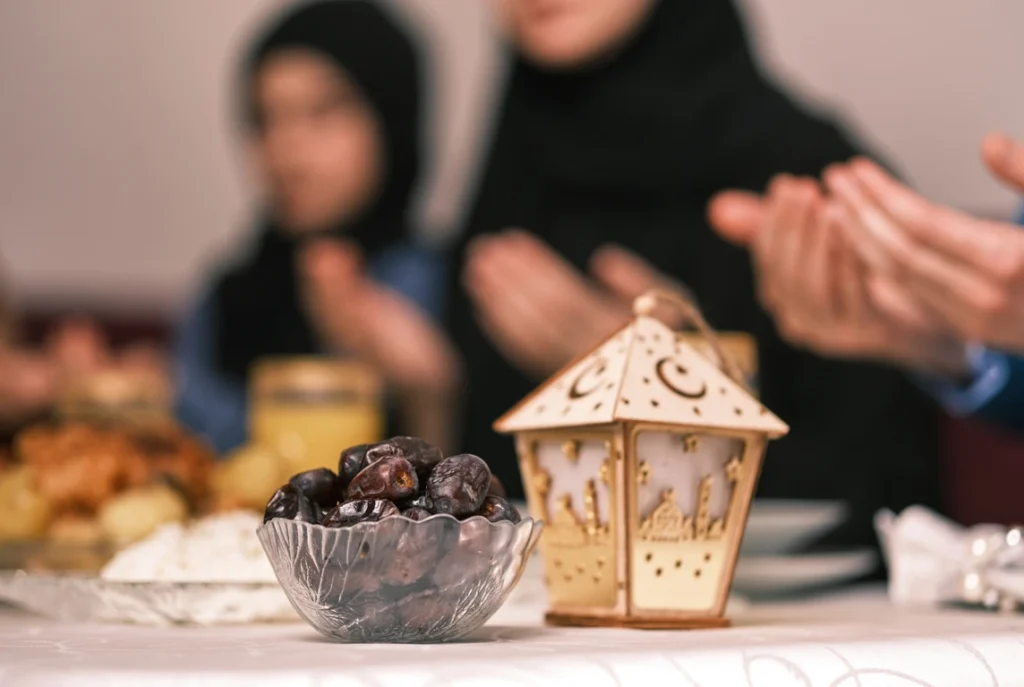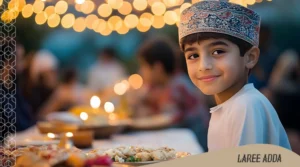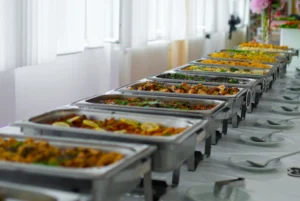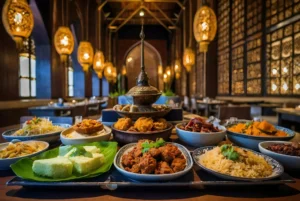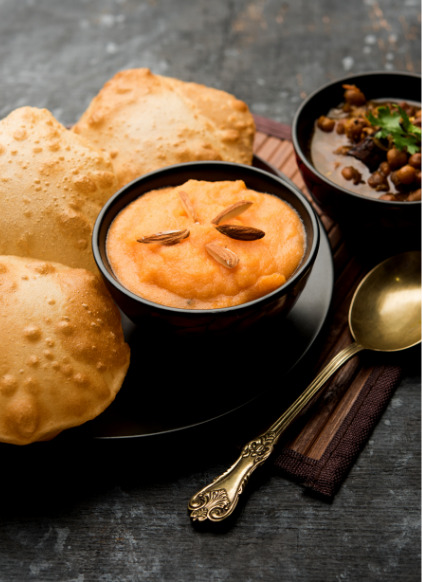Roza Kushai: An Occasion to Celebrate and Renew Faith
For Muslims worldwide, Ramadan is a sacred and fortunate month. During Ramadan, which starts with the emergence of the new moon, Muslims fast for 29–30 days. Muslims observe fasts during which they refrain from consuming food or liquids from dawn till dusk (and do not smoke). As the moon’s sighting is announced, people begin their Ramadan preparations and prepare for sahur, the fast’s conclusion, and Iftar’s feast’s start (opening of the fast). Adults and as well as children keep Roza, and for children the first time Roza is celebrated as Roza Kushai. People touch one another when the moon is visible and wish each other a happy Ramadan by saying, Ramadan Mubarak or Ramadan Kareem.
The joyous Eid-ul-Fitr festival, which lasts three days, marks its conclusion. Muslims then begin to get ready for Ramadan in the month of Shaban. To celebrate Ramadan and Eid joyfully, they search for festive ideas and iftar meals.
Table of Contents
Ramadan’s meaning & significance
Ramadan, also known as Ramzan, is the ninth month of the Islamic calendar and is seen as lucky and sacred. The holy book of Muslims, the Holy Quran, was revealed to Muhammad for the first time during the month when it was commemorated. As a result, Muslims pray, give to charities, and gather for communal meals after sunset.
From dawn till dark, Muslims follow the Roza, reading portions from the Holy Quran, praying to Allah (Salat), and assembling for the Iftaar (or the meal after sunset). All adult Muslims fast during Ramadan except those who are ill, elderly, pregnant, nursing, or menstruating. Muslims begin pre-Ramadan preparation before the month to fervently concentrate on fasting and reap the benefits.
Ramadan preparations and activities
Everyone who practices Islam fasts during Ramadan, regardless of country of origin, ethnicity, race, or skin color. Hence, getting ready for the Holy Month may seem overwhelming. As a result, one should begin the preparations early in Shaban. Here is a list of ways to get ready for Ramadan and its related activities or Ramadan celebration to aid in the planning.
Prepare for Ramadan fasting
According to the Islamic calendar, Shaban is the month before Ramadan. Rajab and Ramadan, the two holy months, are connected by Shaban. People use this month to get ready for Ramadan’s fasting. They can also occasionally fast to build the discipline needed for Ramadan fasting. Islam forbids fasting after the first half of the month of Sha’ban, which starts on the sixteenth day. Experts claim that fasting is permitted during that time, although it is optional. General Counsel advises against fasting during the last few days, however. This creates a space between any optional fasting during Sha’ban and the required fasting throughout Ramadan.
Recite and Reflect on the Holy Quran
The main religious text of Islam is the Quran, which Muslims consider to be a revelation from God (often Romanized as Quran (Allah). Muslims are advised to recite and contemplate the Quran to become more intimate with Allah. The almighty Allah lavishly rewards excellent deeds before the holy month by considering the Quran during Ramadan. Every time someone reads the Qur’an, they will learn something new about it and how helpful it is in this world. It is advised to read slowly enough to understand the messages clearly. To understand the verses, if necessary, use a translation tool.
Adopt Good Habits
While many people make resolutions as the New Year begins, Muslims make their Islamic resolutions during Ramadan. So, in addition to developing excellent religious practices, Ramadan is the perfect time to grow and maintain healthy habits that will last throughout the year. Good habits include eating with gratitude to Allah at each meal, being courteous, praying to the Creator, giving to others, and more.
Roza Kushai-Ramadan Iftar food plan
One should try to eat meals from all major traditional Ramadan food groups, including fruits and vegetables, grains and alternatives, and meat and options, as Iftar is the time to refuel one’s energy levels. One could use less oil and steam to make meals healthier or grill the food.
Roza Kushai Arrangements
Please don’t go overboard with the iftar party decorations; instead, limit them to a minimum and enlist your child’s assistance. The ideal scenario is to keep it small and just invite your immediate family, but I would advise expanding the guest list because your child will feel special and be able to celebrate their achievement with other members of the family and friends. Gifts from family and friends are given to the fasting kid, adding to the excitement of the first fast. The respect for Ramadan and fasting will rise if more effort is made to celebrate Roza Kushai.
As the sun sets on a hot summer day, the aroma of crispy samosas and sweet khajoor fills the air, signaling the start of iftar. The golden, triangular pastry with a savory filling is a staple of the Ramadan season, while the succulent dates provide the perfect sweet contrast. Together, they make for a delicious and satisfying combination, leaving taste buds longing for more.
Two servings of fruit and two dishes of vegetables are recommended per day.
Alternatives to Rice
Wholemeal bread, brown rice, and whole-grain noodles are complex carbohydrates that give the body nutrients, fiber, and energy. Compared to sugary foods and desserts, which are quickly burned off, they offer more steady and long-lasting energy levels.
How can you forget about the beverages, adults, and children crave for rooh afza at the time of iftar so it’s a must to have on the time of Iftar.

